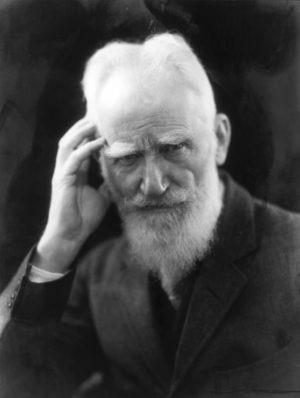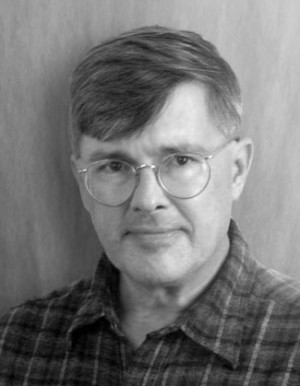William Pierce (1933-2002; pictured) saw more deeply into the nature of life — and farther into the future — than any other thinker of modern times. Here we present extracts of American Dissident Voices broadcasts honoring his life and work.
by Kevin Alfred Strom
WILLIAM PIERCE changed my life. And I predict that his ideas will change the lives of millions of men and women of our race in the years to come.
Today, I want to give you two things: An impression of the spirit of the man, and his own deepest thoughts as teacher and mentor and maker of the future.
A friend of mine said of Dr. Pierce:
Simply put, William Pierce was a prophet. He saw the world as it really is and saw our people’s plight in realistic terms; why our folk have become a fallen people — and who is responsible. But Dr. Pierce’s understanding of what is in danger of being lost was only part of the vision he had. Above the bleak realities of our ever-darkening world, William Pierce had a much higher vision of what our race could be. He realized that — if led by the best among us — there is no obstacle we can not overcome, no battle we cannot win, no mystery we can not solve, and no feat we cannot accomplish. With his razor sharp insight, Dr. Pierce clearly saw what a magnificent and beautiful future could be ours if we were once again free to determine our own destiny.
William Pierce was a tall, rangy, powerful man, more physically fit at nearly seventy than he had been at fifty. It was in his fifties that he took on the tasks of an almost pioneer-style existence in his mountain aerie — which we simply called The Land — the beauty of which was one of his greatest inspirations and where now, once again, an intentional White community is rising again, just as he intended.



